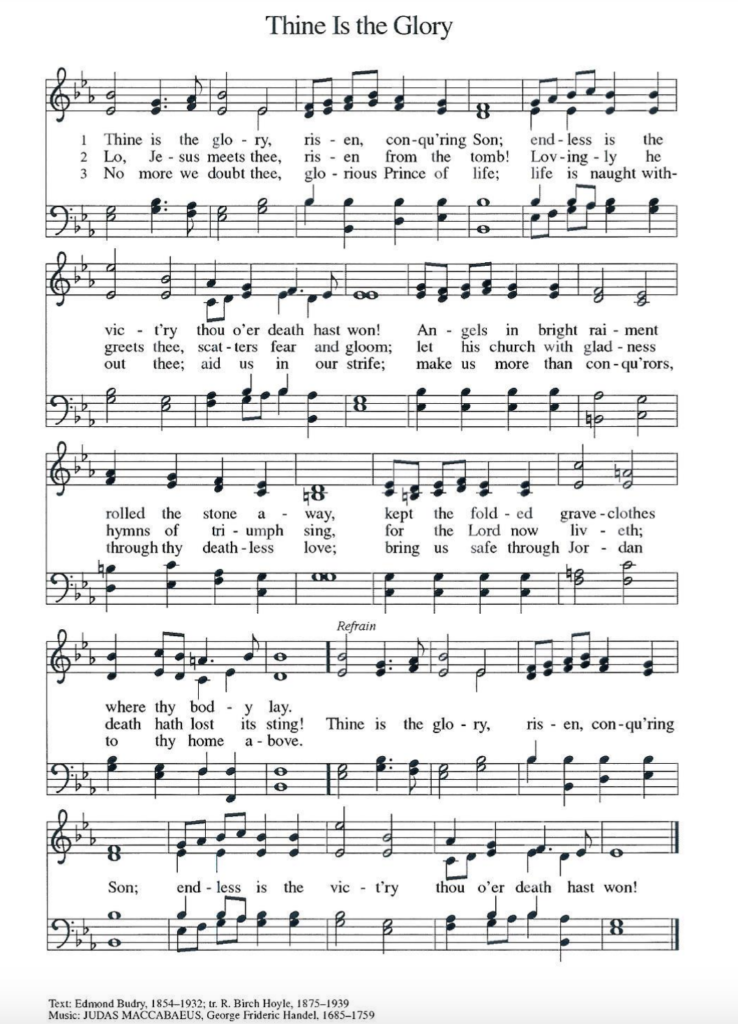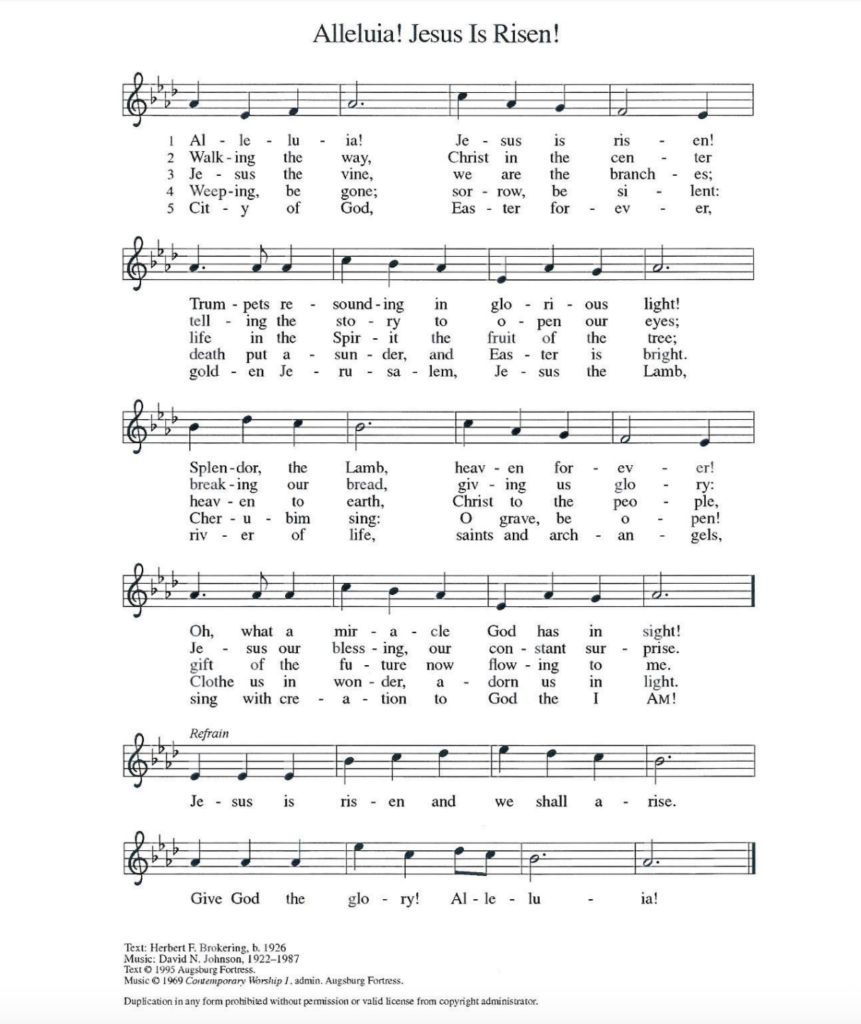
To All Women of Trinity ~
Our women’s organization, known as Trinity Women of the ELCA or
WELCA, has a long-standing goal to share a large portion of our year’s
proceeds with organizations and missions: local, statewide, nationwide,
and internationally. Last year your women’s group donations totaled
$1,200.00. This included $1,095 from the Christmas Stocking and $105
from the treasury. (Receiving $100 donations were: Clinton Care Center, Fairway View, BSC Food Shelf, Hospice Orton/Grace, Global Health Ministries, Project Christmas, LWR, Grace Home, Someplace Safe, UMM Lutheran Campus Ministry, Heifer Project, and Reach Out for Warmth.)
In order for us to continue giving to the chosen organizations and missions,
and because all women of Trinity are members of WELCA, we are asking
you to prayerfully consider giving a monetary donation. A Christmas
stocking is hung in the narthex for your envelope. It can also be mailed to
Trinity Women, PO Box 374, Clinton. We will collect these donations
through December and distribute them in early 2021. God bless your
giving.
And – please consider joining us at our WELCA meetings. The fellowship shared at these meetings is good for the heart and soul.
Your sisters in Christ,
Trinity WELCA

